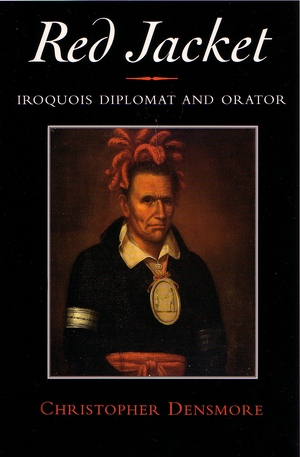"A modem, full-scale biography of Ely S. Parker, the first native American to serve as commissioner of Indian Affairs, has been needed for a long time. William H. Armstrong's book admirably fulfills this need. . . . The resulting biography creates a fascinating account of personal accommodation to white culture and will be the definitive study of Ely S. Parker for years to come."—The Western Historical Quarterly
"Parker personified the educated Indian in the nineteenth century, and in this felicitously written study by William H. Armstrong, he at last receives some of the recognition he is due."—American Historical Review
"Scholars, students, and history buffs all will appreciate a new publication about a prominent Indian leader on whom there has been no biographical study in more than sixty years."—Civil War History
"As staff officer to General Grant (Parker can be seen in nearly all the famous Matthew Brady Civil War photographs of the general's men), the Grand Sachem of the Iroquois copied the terms of surrender given to Lee. Ely Parker was, in fact, the officer responsible for handling all of Grant's papers."—The Cleveland Plain Dealer
Description
Warrior in Two Camps is the biography of Ely S. Parker, the first native American to serve as commissioner of Indian Affairs. The name Ely Samuel Parker is seldom found among famous Indian chiefs. Indeed, the name seems somehow out of place in the company of men called Black Hawk or Crazy Horse or Geronimo. But the prosaic name is part of the story of an American Indian who chose to live his life in the white man’s world. It is a story in which a frock coat replaces the traditional deerskin, and a surveyor’s level and a soldier’s orderly book take the place of the wampum belt and the war club.
About the Author
William H. Armstrong is the author of Organs for America: The Life and Work of David Tannenberg; Minister, Heal Thyself; and A Friend to God's Poor: Edward Parmelee Smith.
June 1978




